Have you noticed something that looks like a giant swooping shadow flying across the blinds on a sunny day in one of your classes? Or maybe the blinds are up and you’ve seen something that looks like a flying turkey outside of your class’ window? What are these creatures and what could their presence at Somerset Berkley Regional High School mean?
If you’ve noticed these birds look strikingly like turkeys, don’t fret, you’re not alone. While these birds are vultures, they look so similar to turkeys they’re actually called turkey vultures. These birds’ wings lift high in the sky shaped like the letter V as they circle around Somerset Berkley’s campus looking for a fresh carcass to devour.
The presence of this species has brought up a variety of questions for many. What should you know about turkey vultures? Will they impact your experience on Somerset Berkley’s grounds? Do they pose threats to dog owners or local wildlife? Can we get rid of them?
Turkey vultures can be found all throughout North and South America, including in Massachusetts. They breed in many western parts of the United States and even some parts of the Northeast, including western Massachusetts. They have been known to venture into eastern Massachusetts and southern parts of the country, even though they don’t primarily breed there. They are a migratory species and tend to live in open woodlands.
You should know that turkey vultures do not pose a threat to you. While they feast on the dead, they tend to stay away from the living. They likely won’t come near you or your pets as long as you don’t come near them. They have been known to puke on or bite humans or other animals if they feel threatened, cornered, or trapped by them. So as long as you don’t invade their space, you should be in the clear.
Turkey vultures are also protected by the Migratory Bird Treaty Act of 1918, which says that Americans cannot kill the birds, their nest, or the eggs without having the proper permits to do so. Considering the fact that the species doesn’t really pose a threat to the Somerset Berkley community, there’s likely no reason we have to do so. That being said, it is still legal to try to remove the vultures by scaring them off, so long as you don’t threaten their lives.
It’ll be interesting to see how long these birds stay on our campus and for how much longer they’ll provide us entertainment outside of our windows.
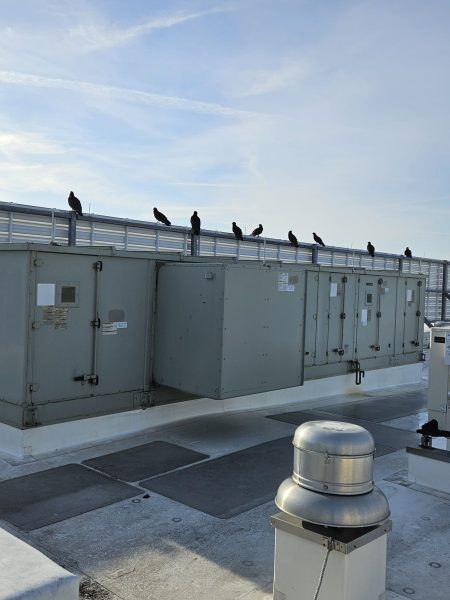


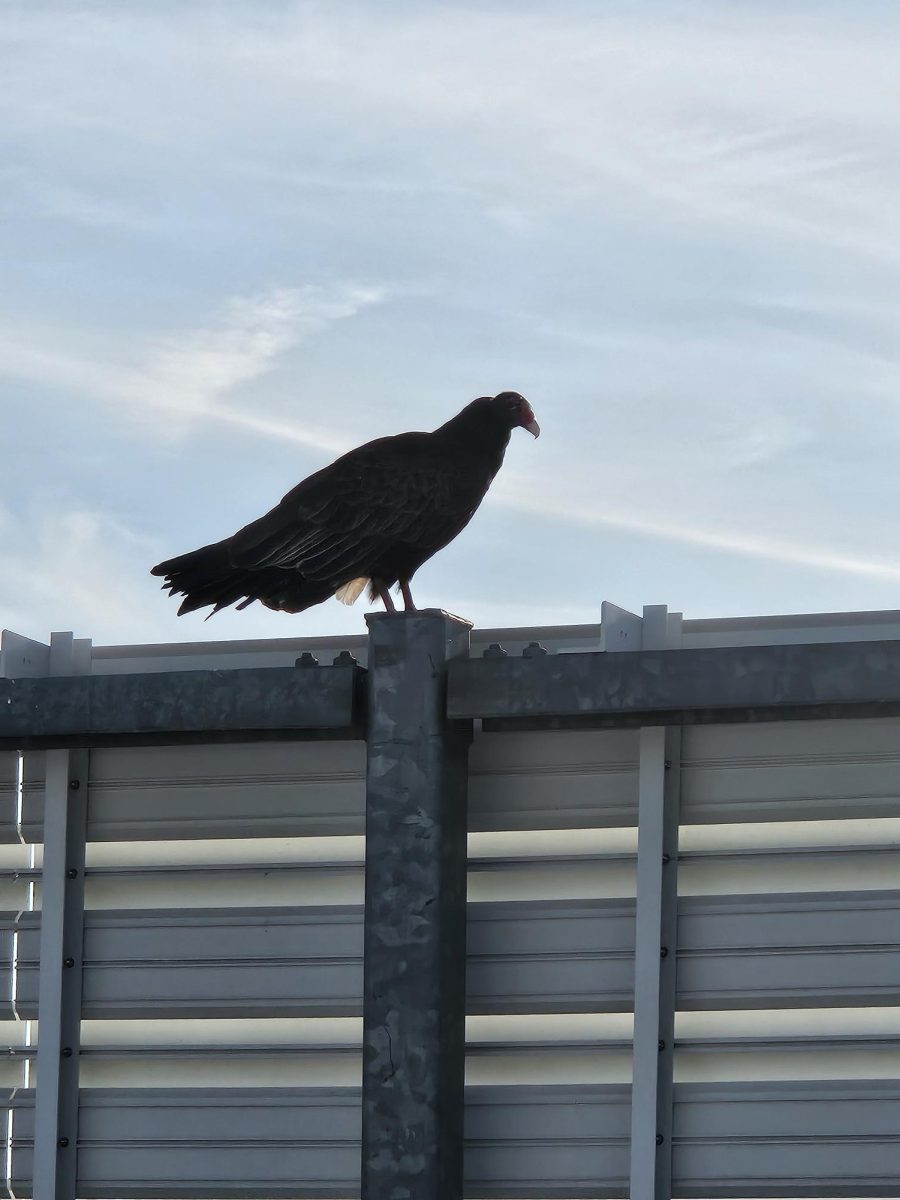
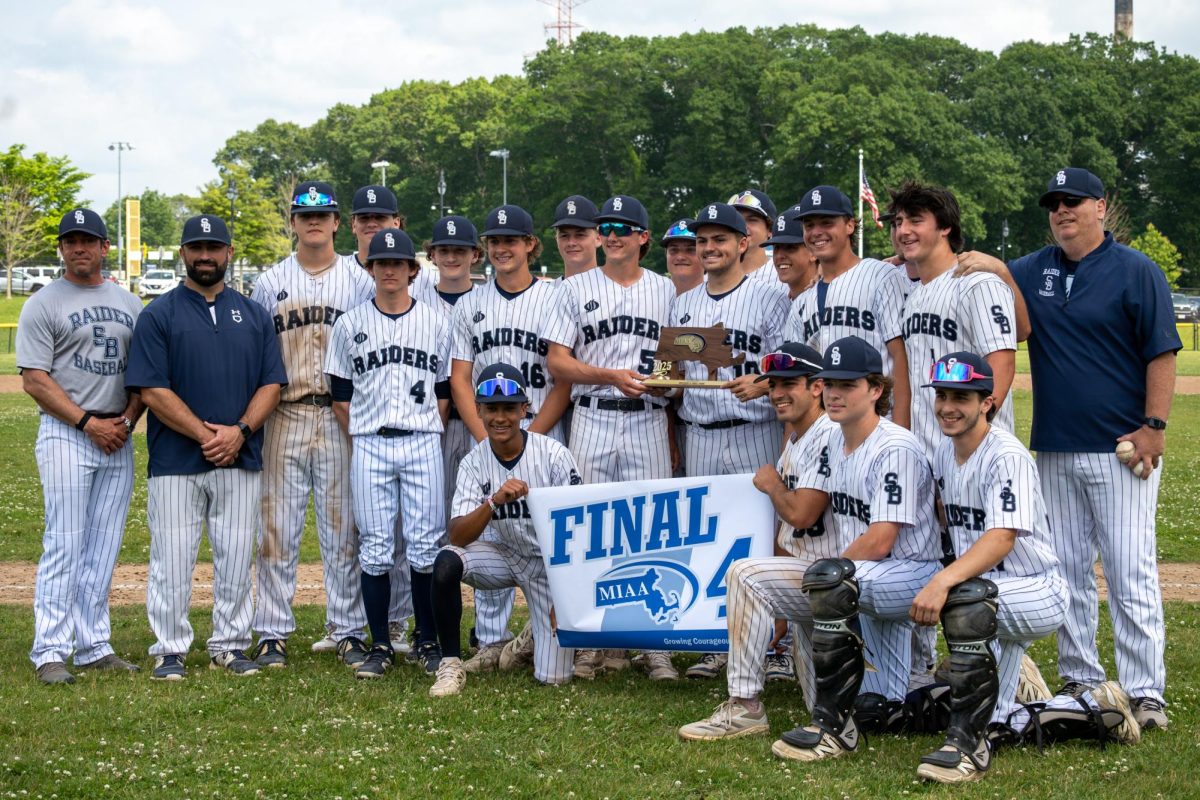

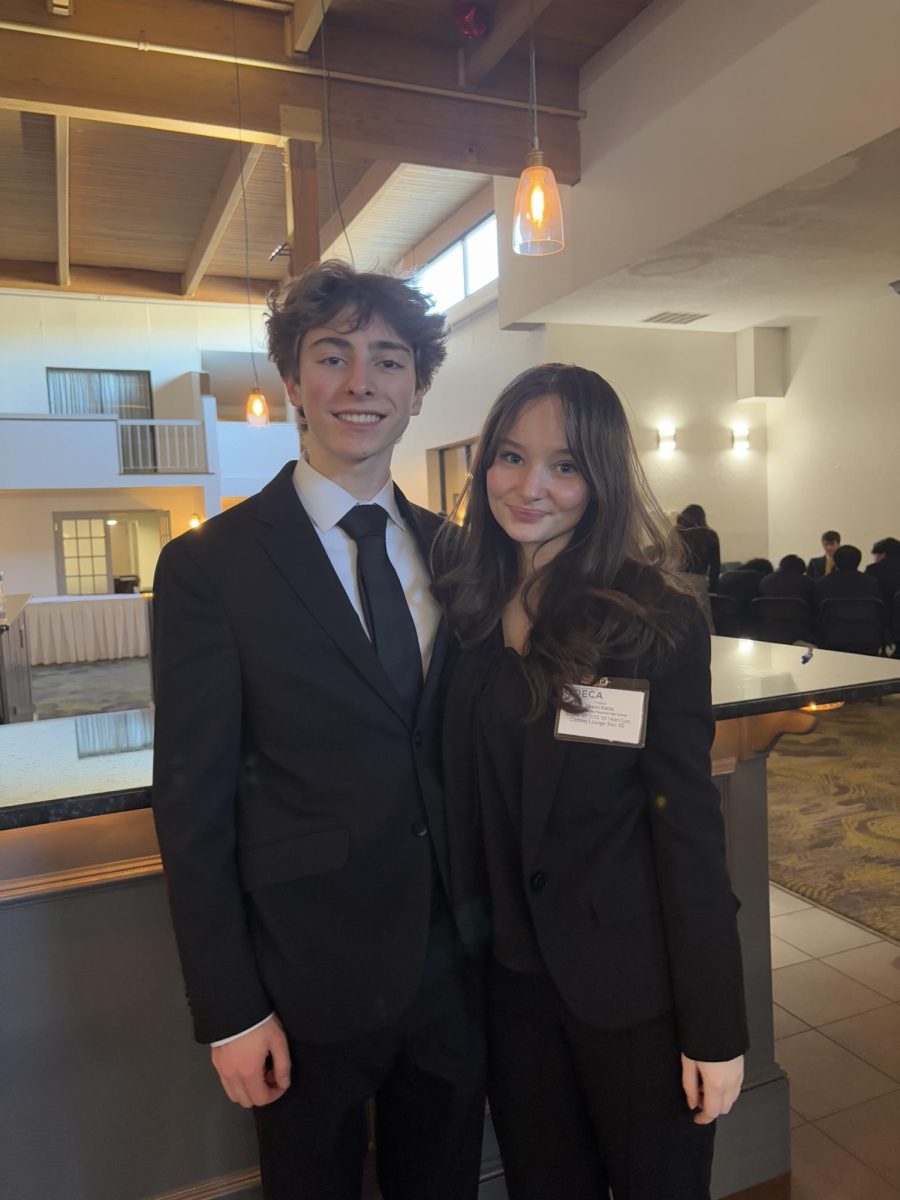


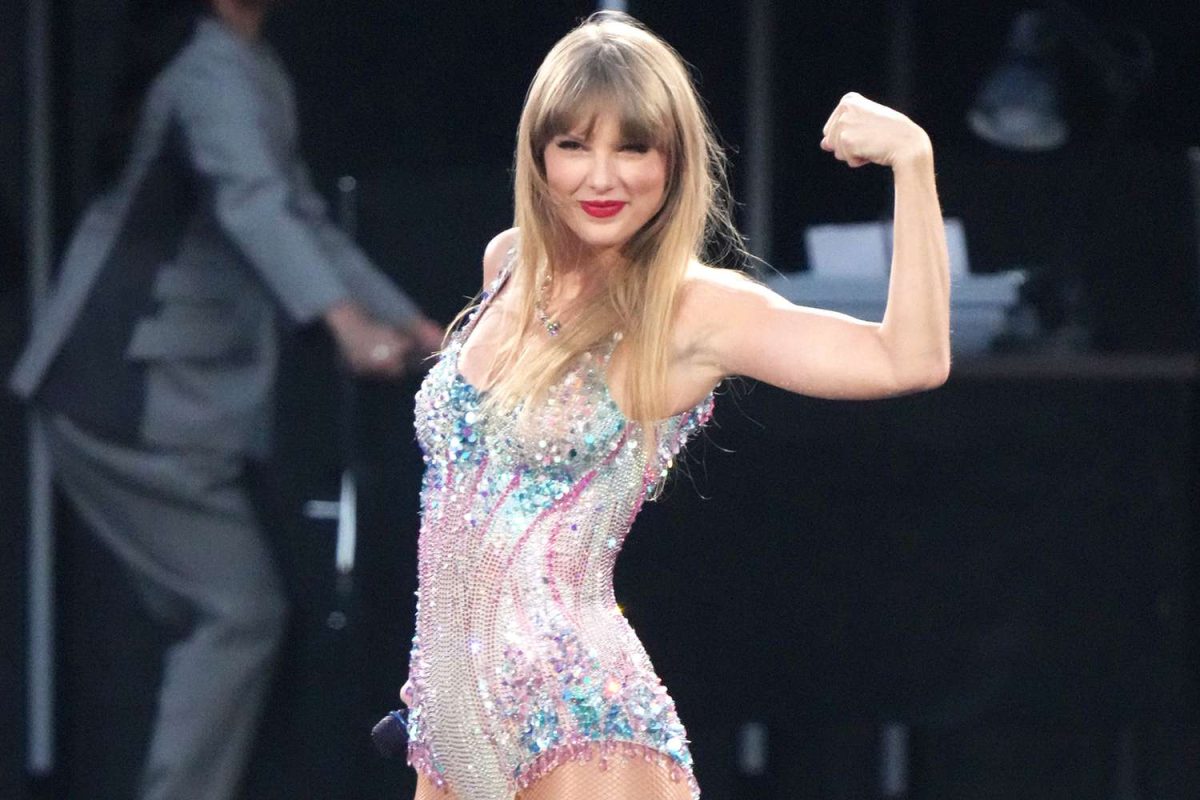


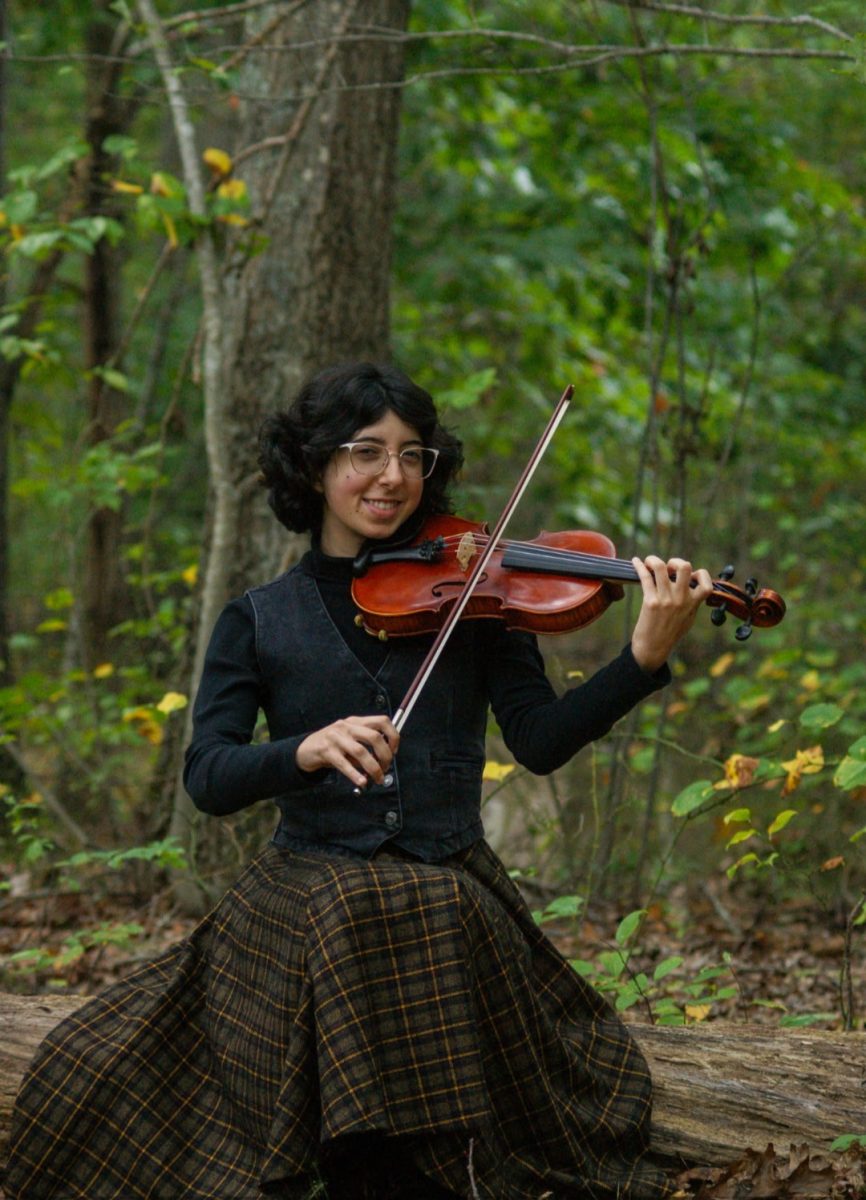
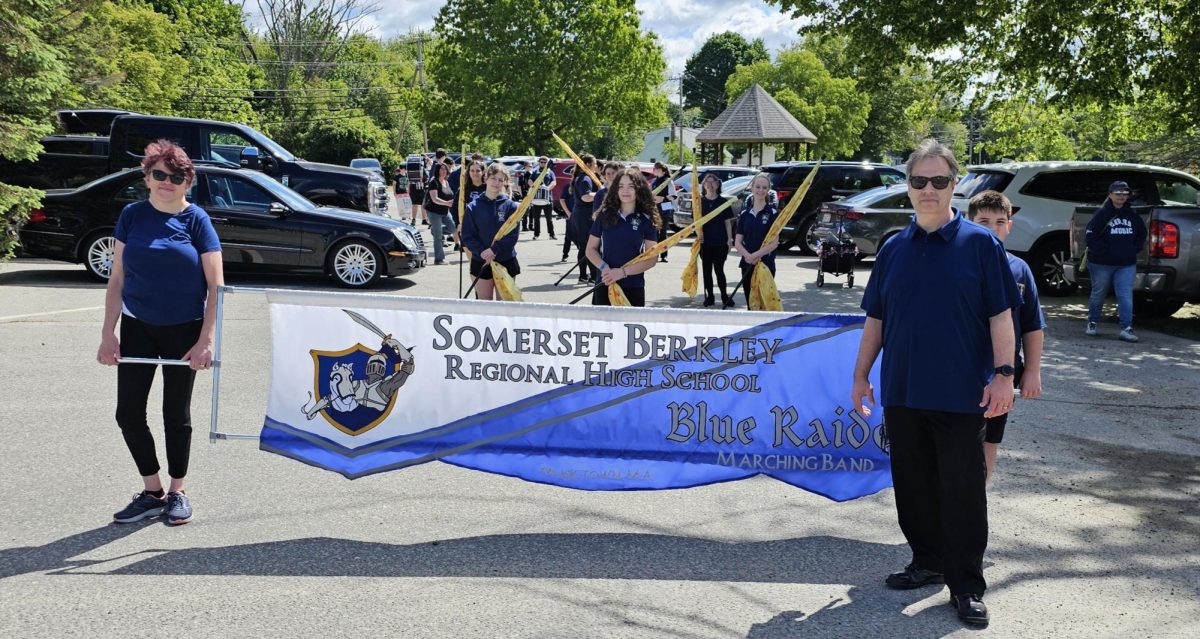
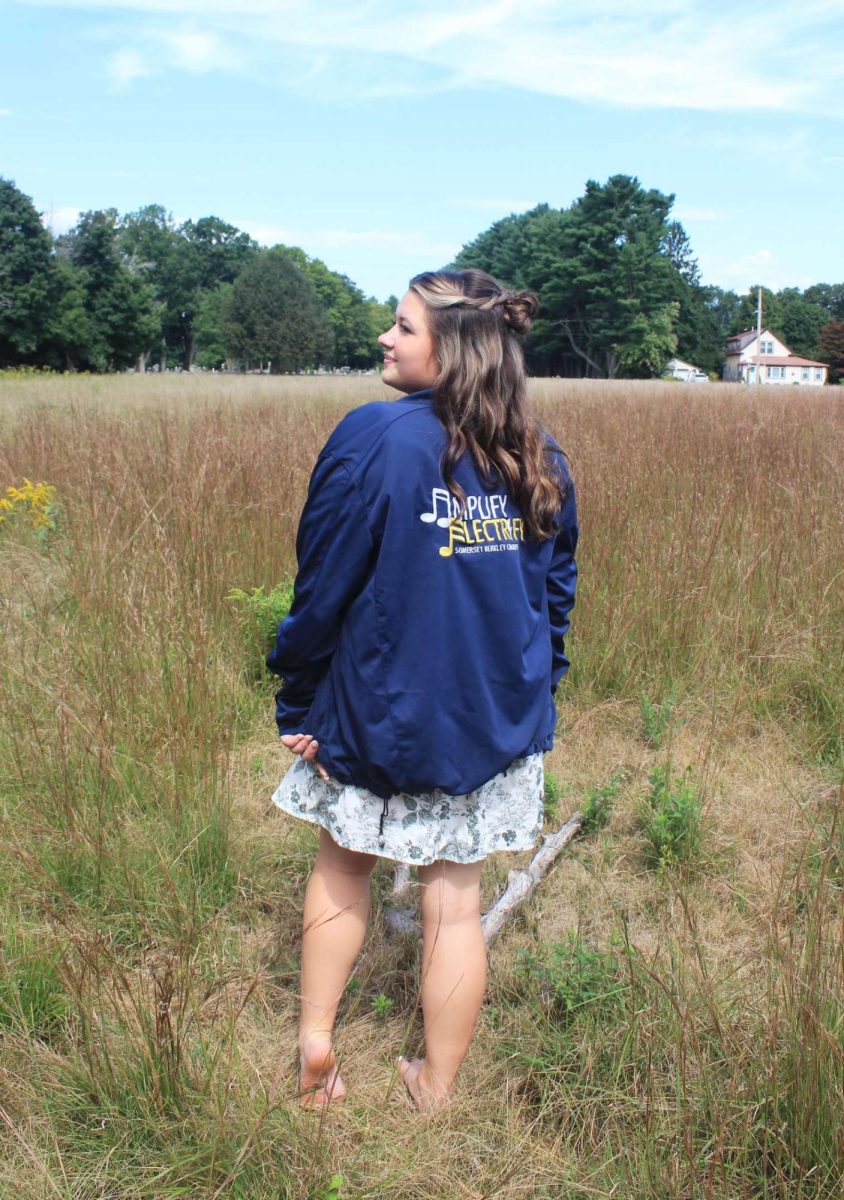
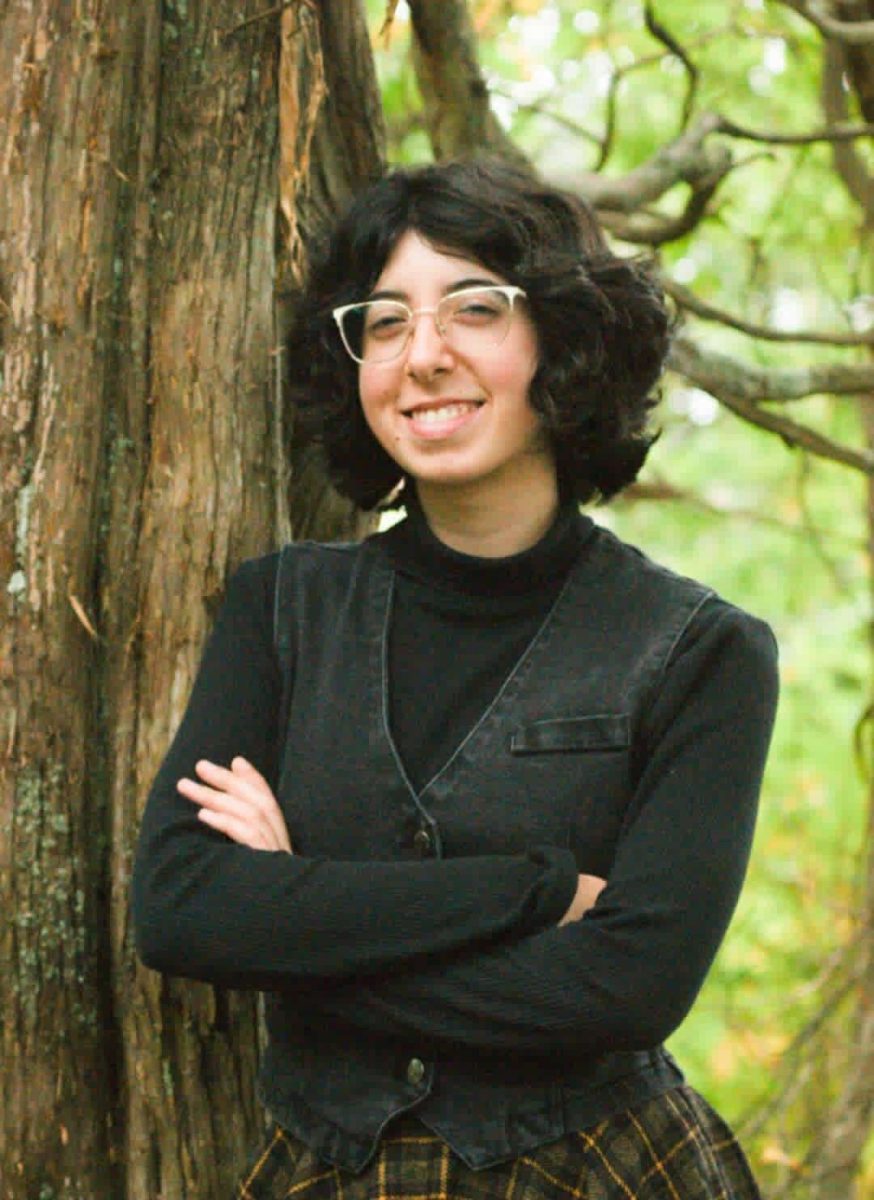
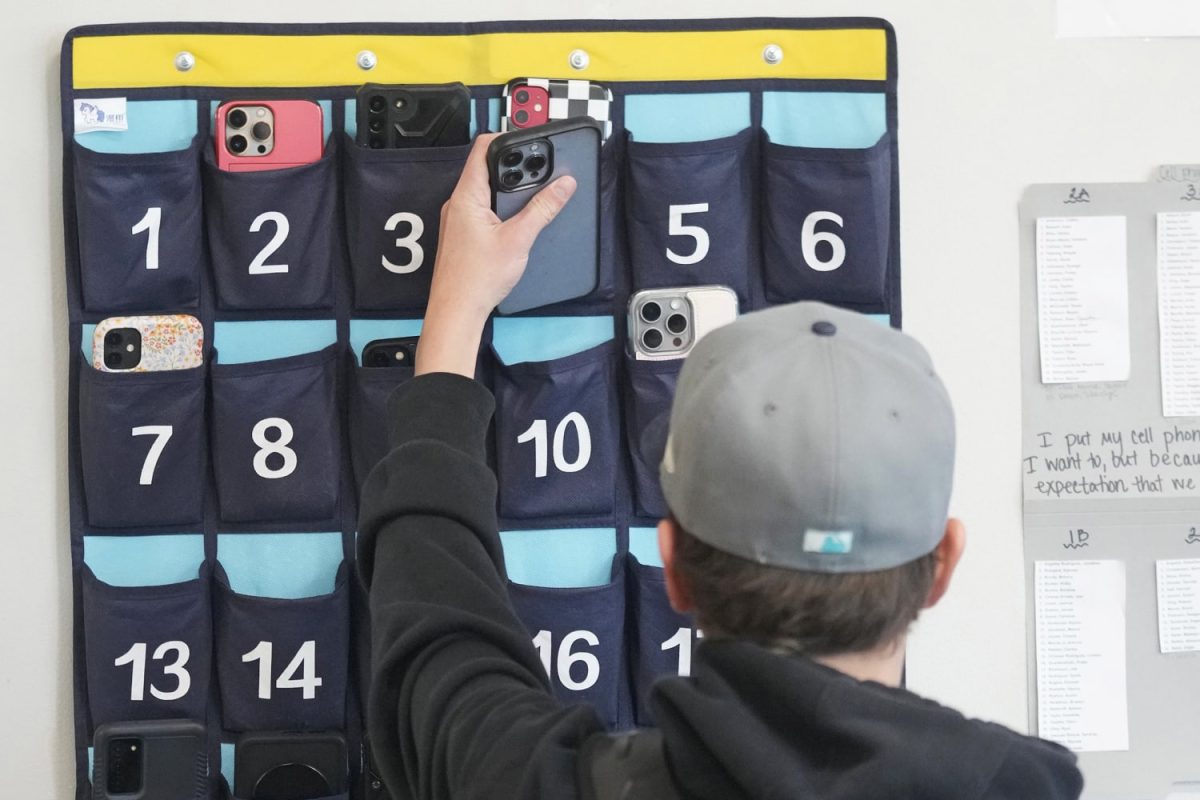

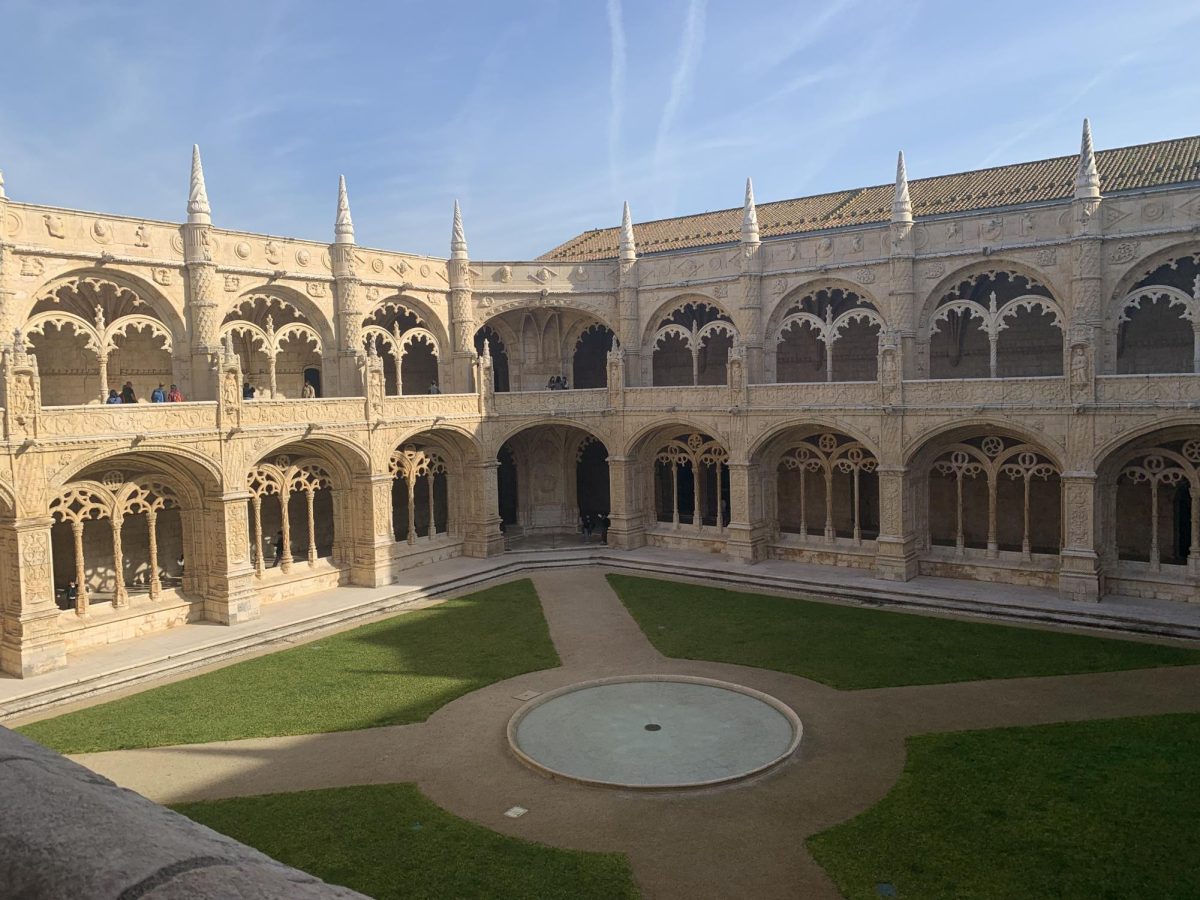

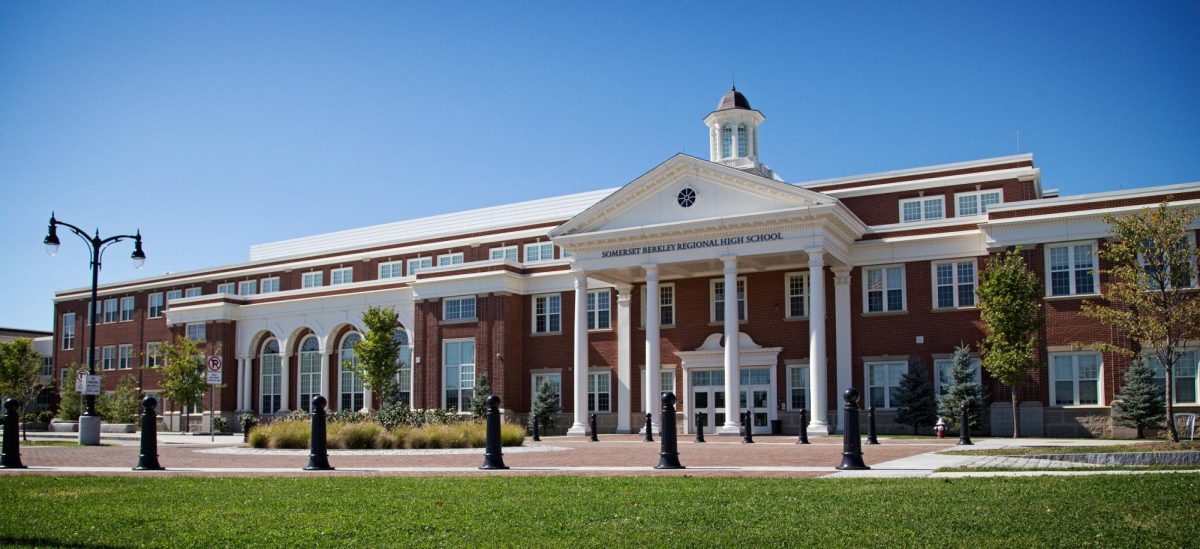

Natalia • May 26, 2024 at 5:01 PM
Yesterday went for a walk on the high school track around 4 pm and noticed about 3 of them just flying very high. It was very relaxing to see them effortlessly gliding with the wind without using their wings.
Naomi B. • Mar 15, 2024 at 8:25 PM
The turkey vultures are such cool birds 😁😁 they make me happy i love them